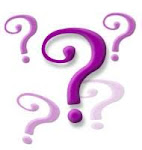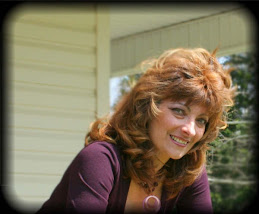Ugh. Thought we were through with high school English class! I just want to write what I feeeeeeeel...The editor can clean up my spelling and grammar mistakes....If you've ever said that, or even
thought it, (No, I won't ask for a show of hands.) give yourself one swat. Now repeat after me: "I will not turn in shoddy work. No editor alive will like my story that much."
Like it or not, proper use of the English language is essential if you want others to enjoy your work. The fun part of fiction writing though, is that many of those pesky rules you learned in English class can be tossed aside. Sometimes. Tightening of your work often requires eliminating wordiness, and much of English grammar is wordy.
My favorite rule to break--and as a grammar snob, it took a while to accept this!--was the use of incomplete sentences. In fiction, especially close POV and snappy dialogue, using complete sentences is cumbersome. That's not the way we think or talk. Good fiction should be a very close reflection of reality, or at least believable fantasy. We don't speak in
Auld English Syntax anymore, so neither should your characters, unless they happen to be uptight English grammarians. Like me.
The Bible of the publishing world continues to be
The Chicago Manual of Style. If you don't own a copy, get one! And get familiar with it. The more you write, the less you will have to rely on it. The rules will become second nature. Especially if grammar was not your strong point, you need a reference guide more than you think you do.
You absolutely MUST learn the differences in the spelling and use of homonyms. (Ex: Don't use "their" when you meant "they're.") Mistakes like that leap off the page at editors and mark you as an amateur.
Another pet peeve amongst the writing elite is the use of (!) If you tend to be a high-strung dramatist like me, you will pepper your first manuscript with exclamation points. After all, we have to be sure the reader understands how intense, emotional, scary, perverse, disgusting...etc. the situation is.
WRONG! Readers hate them!! Exclamation points are annoying! See?!
One trick that helps tremendously is one I learned at a writer's conference from a successfully published author. He said he got over his fixation with exclamation points by using the Find/Replace feature in Word, replacing them with periods. Then as he did his edits, he had to justify every one. Usually the best option turns out to be rewriting the sentence with stronger verbs, or tighter writing that speaks for itself and doesn't require the dreaded (!)



